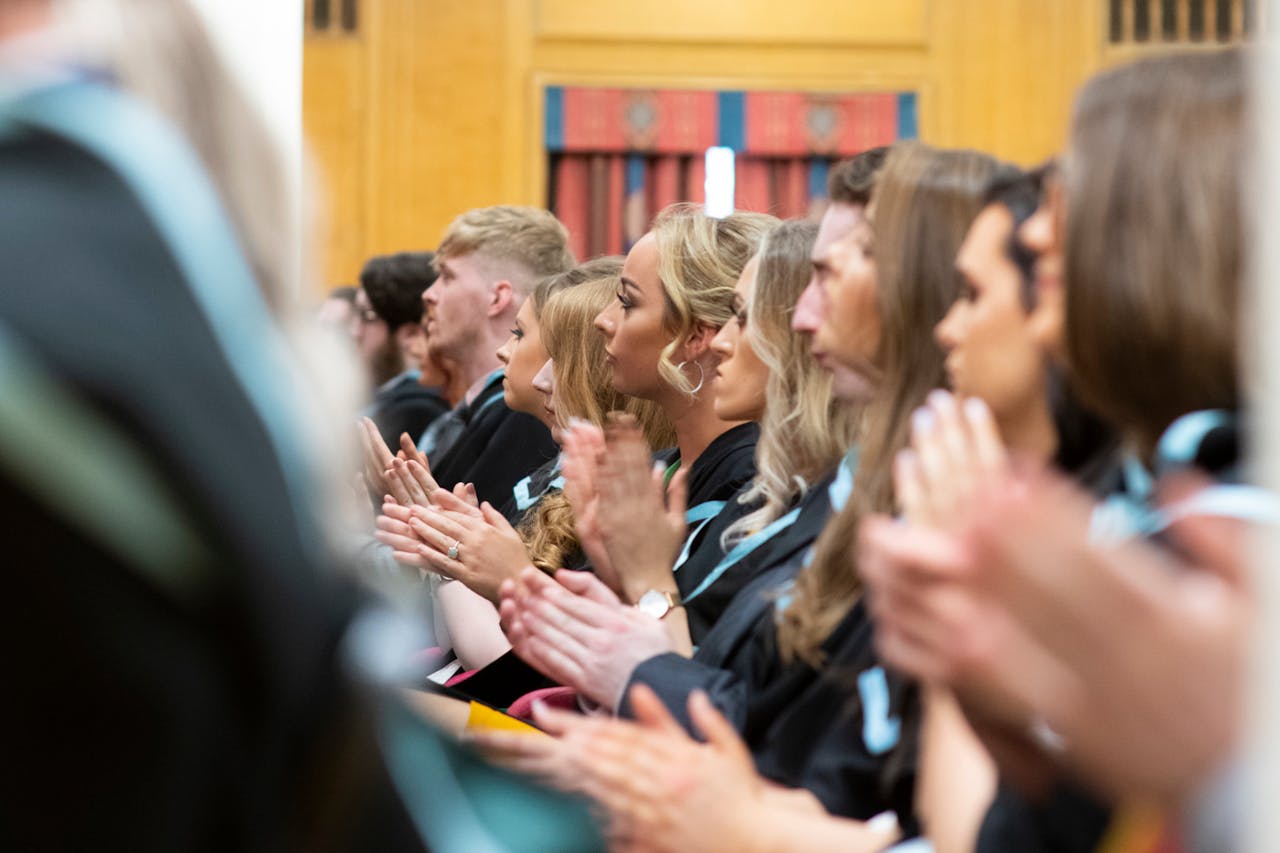What are higher education aspirations?
Aspirations can be shaped by both structural factors and also external influences. Roughly speaking, they refer to what an individual hopes will happen in the future. One possible indicator of aspiration might be a young person’s reported desire to continue with education post-16. However, we should be careful not to buy in to the myth that disadvantaged students have lower aspirations simply because they are less likely to go on to HE. Educational aspirations, particularly those related to HE, can often be linked to parental support, motivation and expectation for their children to progress into HE, in a similar way that attainment can also be linked. One report conducted to better understand the link between young people’s educational aspirations and how they’re formed concluded that there was a connection between the aspirations of students and the desires of those who they talked about their future with, for example parents or siblings. However, the underlying assumption of this is that increased participation in HE is the desired outcome of aspiration as well as its measure. In this way aspiration becomes fixed to widening participation policy with a narrow focus on outreach work, application processes, and university access. It fails to see secondary education as a way of building the confidence and expectations of students to make an informed decision about whether higher education aligns with their future career aspirations.
Often the issue with the discussion of aspiration is that it assumes that structural inequality can easily be overcome. Additionally there is a suggestion that it is low aspiration amongst poorer students that needs to be tackled rather than addressing the myth of meritocracy. Arguably the emphasis of this discourse is rooted in neoliberal ideas of self-reliance and independence from the state. Examples of this can be seen in many government policy documents which can suggest that low aspirations are higher amongst students from families where there is not a tradition of HE progression. This puts more pressure on those who are in low economic positions to ‘raise their game’, break the norm and increase educational attainment in order to improve their life opportunities.



